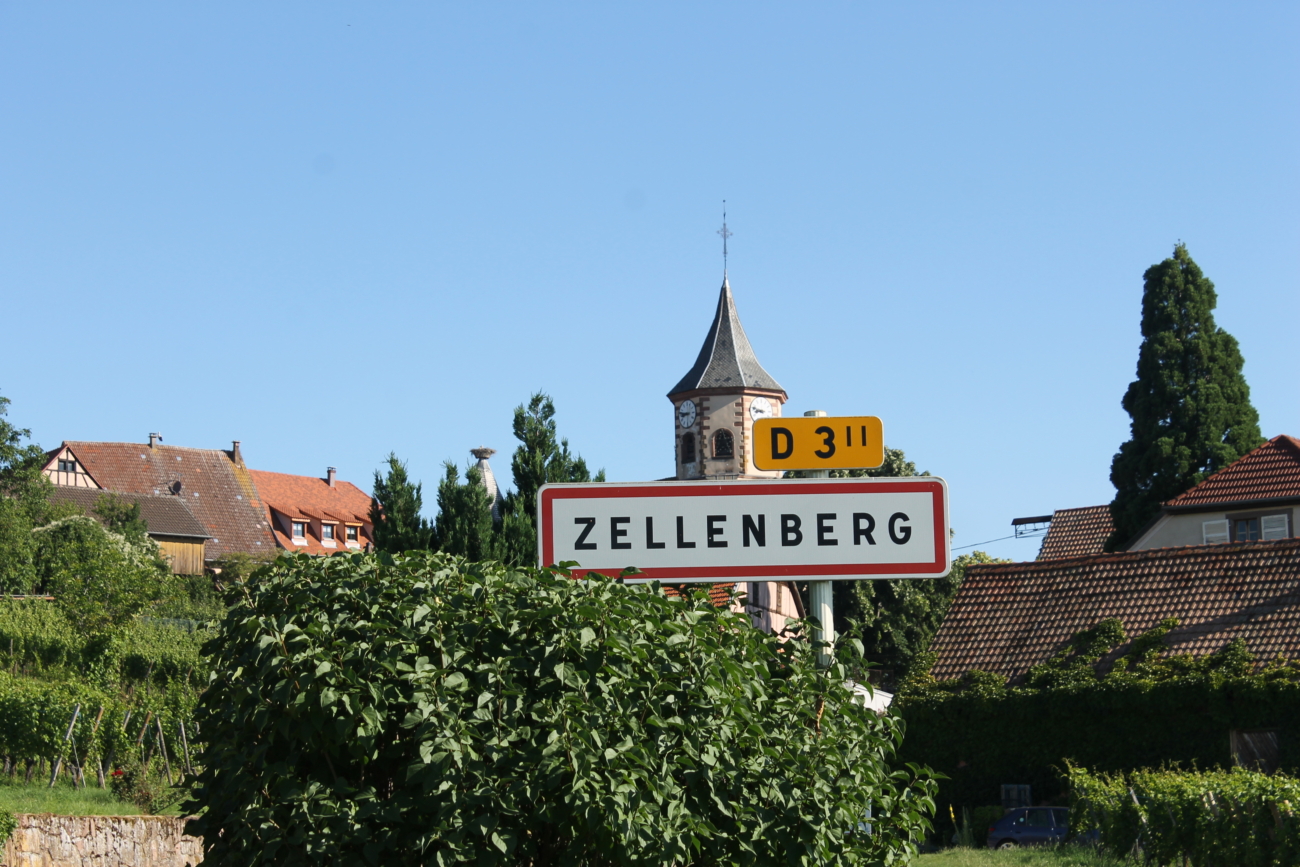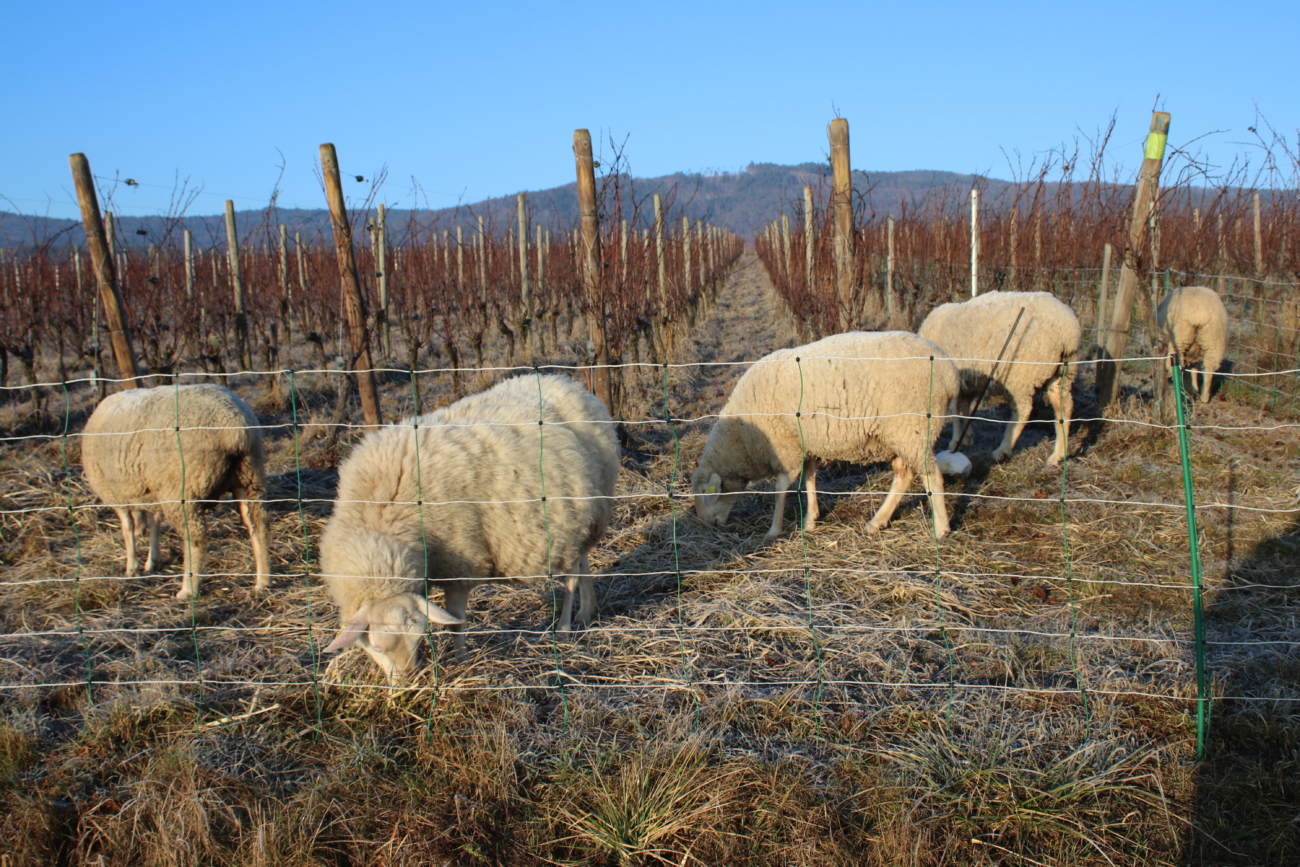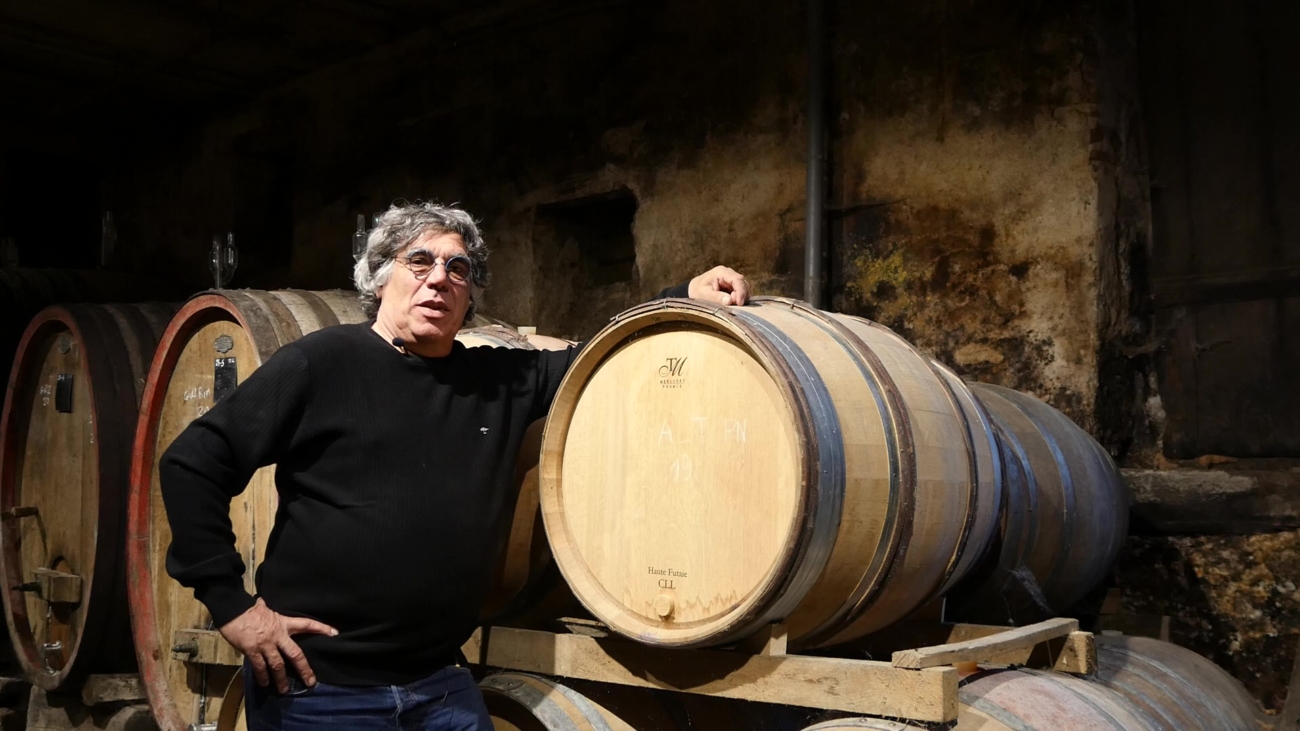Domaine Marc Tempé – Alsace
Marc Tempé is one of the most talented winemakers in Alsace, and his wines are out of this world! They are wines of amazing aromatic complexity and minerality which beautifully express their grape and terroir. It is a huge shame that he will sell his winery this year because his children do not want to move into the business.
As Tamlyn Currin MW so eloquently wrote in Jancisrobinson.com in February 2024:
“The Tempés make spellbindingly beautiful biodynamic wines, but (devastatingly) they are packing up – their kids don’t want to take over the business and it’s getting to the point where the intense physical labour of their work is taking its toll. Seek out and snap up their extraordinary wines before they are no longer made!”
A brief history of the winery
Marc and his charming wife Anne-Marie, both of whom come from winemaking families, started their own domaine as recently as 1993 when they began leasing the vineyards of their parents who were retiring. Their core focus in the first few years was on the land, and from 1996 they converted all their vineyards to biodynamic viticulture. At the same time they built and equipped their cellar at their traditional home in the quaint and inimitably Alsatian village of Zellenberg, about 1km from Riquewihr. Zellenberg is the only village in Alsace which is situated on top of a hill, and it is surrounded by vines in every direction; truly one of the most beautiful places to visit to soak up “the real Alsace”!
His village level wines are called “Am Zelle”. This is Alsatian for “In Zellenberg.”
What makes Domaine Tempé’s wines so good?
It’s quite baffling really! In short, it is Marc’s extreme dedication in the vineyards and immense patience and time in the cellar which make his wines stand out from the rest. To be more specific, it is for the following reasons:-
- Their eight hectares of carefully-selected vineyards are situated on some of the best limestone, clay and granite terroirs of the region
- Their biodynamic approach to viticulture and winemaking. Only natural plant-based preparations are used in the vineyard. The vineyards are ploughed by horse, never machine. And the grapes are harvested carefully by hand. Man, plant and animal in perfect unison.
- A very slow, gentle pressing of all grapes which lasts six hours every time to maximise the purity of the wines.
- Natural, “wild yeast” fermentation of all wines followed by lengthy ageing of the young wines on their lees in old Burgundy barrels and puncheons – between 18 to 24 months, which is highly unusual!
- Completely natural vinification from start to finish, with no artificial additives, fining or filtration. Only a small amount of sulphur dioxide is added at bottling to protect the wine once in bottle.



